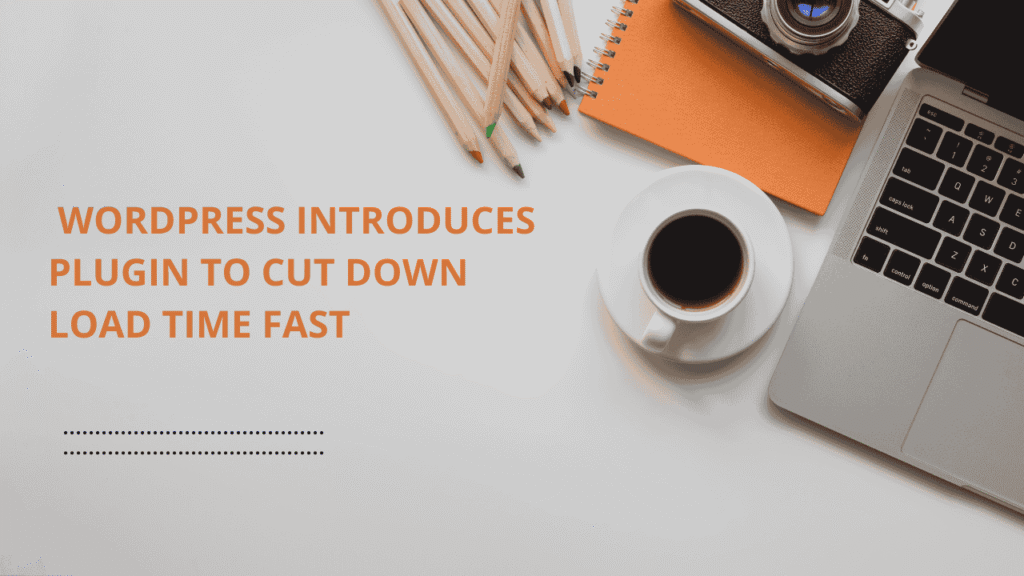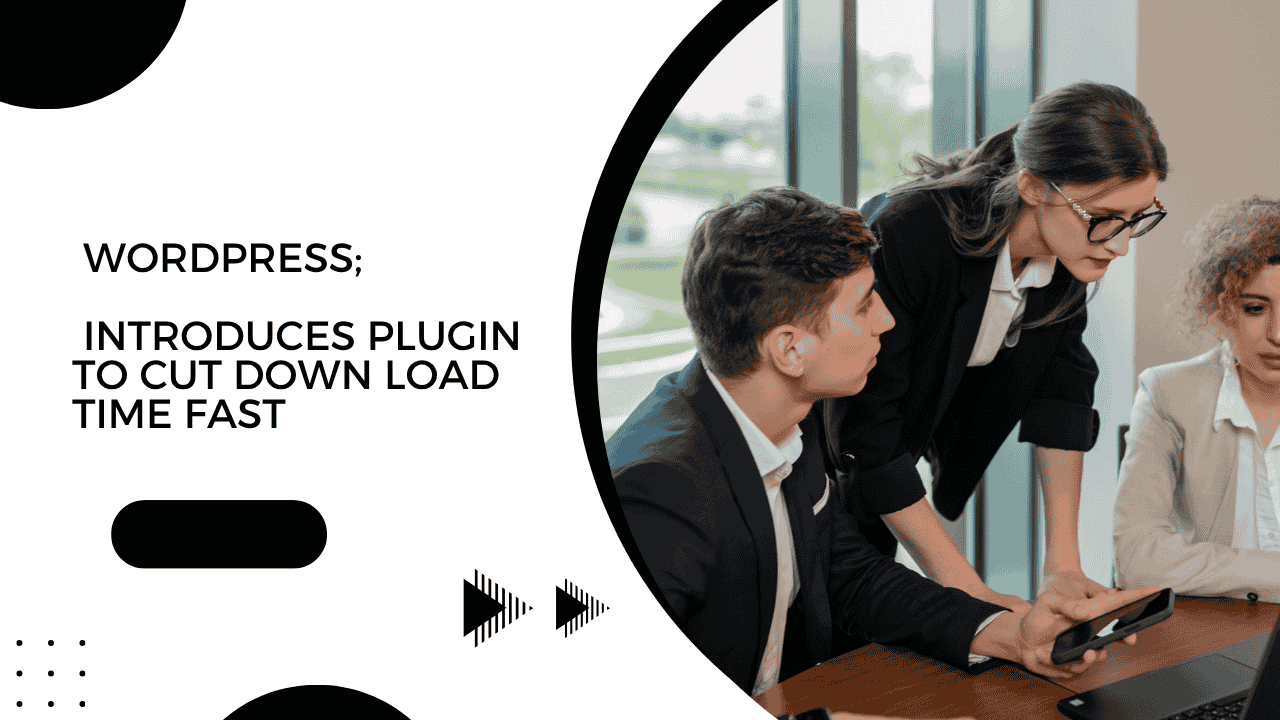WordPress has taken a big step forward in website speed. Recently, they released a performance plugin focused on reducing load times. This new tool is designed to help websites load nearly instantly. Now, users can enjoy a faster and smoother experience.
why speed matters for websites
- faster pages keep visitors longer
- better speed improves search rankings
main features of the plugin
- page caching support
- image lazy loading
- JavaScript delay
- automatic optimizations
- easy-to-use settings
- minimal setup needed
- lightweight and updated regularly
- supports modern web standards
Now, let’s look at how it compares to other tools.
comparison table of WordPress performance plugin
| Feature | WordPress Plugin | WP Rocket | W3 Total Cache | LiteSpeed Cache |
| Page Caching | Yes | Yes | Yes | Yes |
| Lazy Loading | Yes | Yes | No | Yes |
| Image Optimization | No | Yes | No | Yes |
| CDN Integration | No | Yes | Yes | Yes |
| Ease of Use | High | High | Medium | Medium |
| Free to Use | Yes | No | Yes | Yes |
| Developed by WP Team | Yes | No | No | No |
| Active Development | Yes | Yes | Rare | Yes |
As you can see, the plugin offers a simple and free solution.
how to install the plugin
Installing this plugin is simple.
- Go to your WordPress dashboard
- Click on Plugins > Add New
- Search for “Performance Lab”
- Click Install and then Activate
- Open the plugin settings
- Enable desired modules
- Save and test performance
benefits of using the plugin
- no cost to use
- works well with most themes
- developed by WordPress itself
- keeps websites light and fast
- improves user experience
- supports Core Web Vitals goals
- updated by trusted developers
real world results
After installing the plugin, many site owners noticed improvements.
- some reported 40% faster load times
- others saw better Core Web Vitals scores
- bounce rates dropped
- page views per visit increased
- fewer visitors left early
So, using this plugin makes a difference.
extra tips to boost speed
Although the plugin is powerful, there are more things you can do.
- use a good web host
- avoid heavy themes
- reduce plugin usage
- compress images before upload
- use a content delivery network (CDN)
- minimize HTTP requests
- limit external scripts
- enable GZIP compression
- remove unused CSS and JS
- keep WordPress updated
Also, clean your database often and disable unused plugins.
Furthermore, you can use browser caching and reduce redirects.
Finally, consider AMP for mobile pages to enhance speed.
keeping performance strong year-round
Even after setup, you should keep checking performance.
- update plugins and themes regularly
- check speed reports monthly
- test using tools like PageSpeed Insights
- review caching settings
- monitor uptime and load time
- clear caches after major updates
- stay updated with latest WordPress improvements
- monitor third-party scripts
- run performance audits quarterly
keyword-rich conclusion
Clearly, speed is now a top priority.
The new WordPress performance plugin makes faster load times easy for all users.
Because it’s free and made by WordPress, it’s reliable and user-friendly.
So, if you want to improve user experience and SEO, this plugin is worth trying.
Also, when you pair this tool with other best practices, your website stays fast all year.
Faster websites rank higher, convert better, and keep visitors happy.

advanced tweaks for even better performance
Even though the plugin handles the basics, some extra steps can take your site further.
try using a lightweight theme
While many themes look good, some are too heavy.
- avoid multipurpose themes with many built-in scripts
- skip flashy animations unless needed
- prefer clean, simple layouts
So, with the right theme, you reduce loading time without extra plugins.
offload media to external storage
- use services like BunnyCDN, Cloudflare Images, or Amazon S3
- store large files away from your hosting
- serve them through a fast CDN
Also, this reduces the load on your own server.
preload important assets
Preloading means telling the browser what to load first.
- preload fonts for faster text rendering
- preload key images above the fold
- set early fetch hints for important CSS or JS
Then, browsers can deliver key content without delay.
manage plugins smartly
Too many plugins slow things down.
- remove any plugin you don’t use
- avoid overlapping features
- replace heavy plugins with simpler ones
For example, combine multiple social sharing plugins into one.
frequently asked questions
is the performance plugin free to use?
Yes, the plugin is completely free. There are no hidden costs or upgrade charges.
does it work with any theme?
Mostly yes. The plugin works with most WordPress themes. However, if your theme already includes speed tools, check for conflicts.
will it break my site?
Usually no.
But, it’s smart to create a backup before installing any plugin.
This way, if anything goes wrong, you can restore the site quickly.
how much can it improve site speed?
It depends on your current setup.
But in many cases, users see a big difference—up to 30-40% faster load times.
Also, visitors experience smoother navigation and fewer delays.
does the plugin affect SEO rankings?
Yes, in a positive way.
Since Google values fast-loading pages, better speed can lead to better rankings.
Furthermore, visitors who stay longer often engage more, boosting SEO performance.
